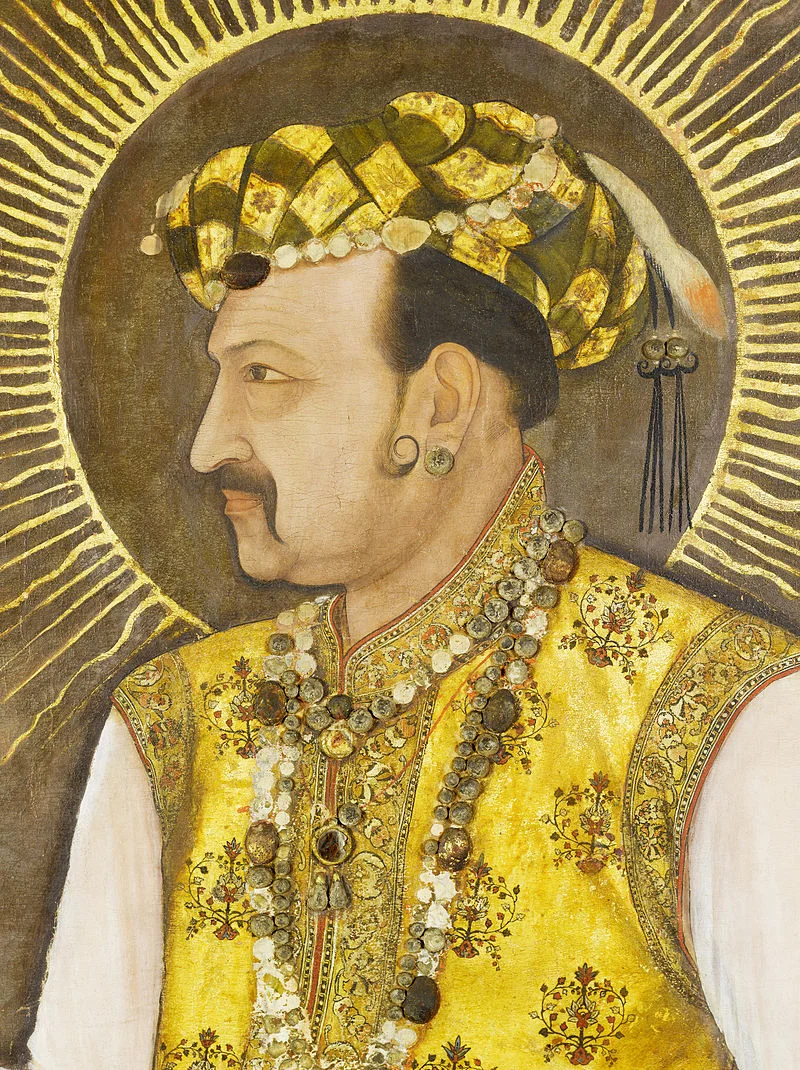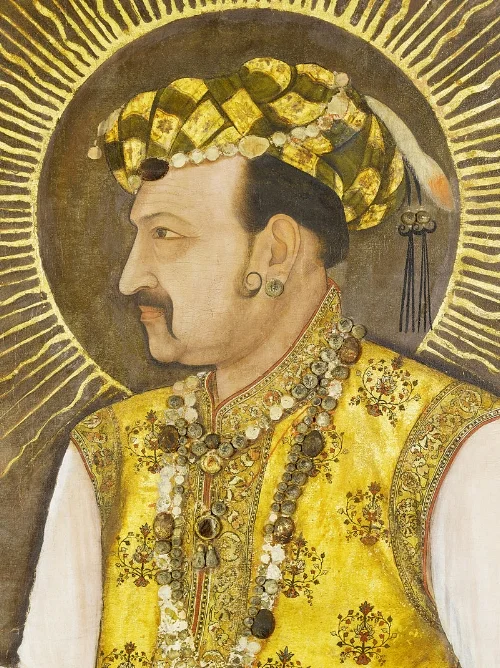Episode 6 | Emperor Jahangir: The Pleasure-Seeking Mughal of Early Modern India
Emperor Jahangir loved alcohol, opium, hunting (shikar), and, like all good South Asians, mangoes. His numerous experiences with all the above, his beloved wife Nur Jahan, his son, the future emperor Shah Jahan, and more were written down by him in his autobiography Tuzuk-i-Jahangiri. In this podcast, we discuss the colorful pleasure-seeking life of this Mughal emperor - a man who was selfish, addicted, humorous, and generous, all at once.
SHOW NOTES
We discuss:
Introduction to Tuzuk-i-Jahangiri
Akbar “Fanboying” - legitimacy and sovereignty through parental respect and similitude
Gift-giving (Khillat) Ritual
Jahangir - an effective administrator
Law and Order under Jahangir’s Rule
Jahangir - the pleasure-seeker
Favorites - Wife Nur Jahan and Son, the future Shah Jahan
Some quotes from Jahangiri included in the pod:
“…the good qualities of my revered father are beyond the limit of approval and the bounds of praise.” [On Akbar]
“On one particular night in Day I dreamt that the late said to me " for sake king (Akbar) : Baba, forgive my the fault of 'Aziz Khan,who is the Khan A'zam." After this dream, I decided to summon him from the fort (of Gwalior).” [On Akbar]
“…three rubies and 103 pearls, 100 rubies (yaqilt), two jewelled daggers and an aigrette adorned with rubies and pearls, a jewelled water-jar, a jewelled sword, a quiver bound with velvet, and a diamond ring, altogether of the value of about 100,000 rupees, in addition to jewels and jewelled things, cloth from the Deccan and Carnatic, and all kinds of gilt and plain things, with fifteen elephants and a horse whose mane reached the ground.” [Gift-giving]
“In order to avert the bad omen of this I had myself weighed against gold, silver, cloth, and grain, and gave away in alms all kinds of animals, such as elephants, horses, etc., the cost of all of which was 15,000 rupees.” [Generosity and Superstition]
Royal elephants shivered in winter when sprayed with cold water - 'I observed this/ he says,‘and so I ordered that the water should be heated to the temperature of luke-warm milk.’ And he adds :‘ This was entirely my own idea ; nobody had ever thought of it before.’ [Generosity]
“For fear that some injury might occur to the country and the servants of God, I kept this secret from most of those familiar with and near to me, and did not inform the physicians and hakims. A few days passed in this manner, and I only imparted this to Nur-Jahan Begam, than whom I did not think anyone was fonder of me.” [Nur Jahan]
“On the 7th, as the huntsmen had marked down four tigers, when two watches and three gharis had passed I went out to hunt them with my ladies. When the tigers came in sight Nur-Jahan Begam submitted that if I would order her she lierseli would kill the tigers with her gun. I said, "Let it be so.'’ She shot two tigers with one shot each and knocked over the two others with four shots. In the twinkling of an eye she deprived of life the bodies of these four tigers. Until now such shooting was never seen, that from the top of an elephant and inside of a howdah amarl) six shots should be made and not one miss, so that the four beasts found no opportunity to spring or move.” [Admiration for Nur Jahan]
Suggested reading:
Jahangir, Alexander Rogers, and Henry Beveridge. 2015. The tūzuk-i-Jahāngīrī, or, Memoirs of Jahāngīr. (A version of this can be found at www.archive.org.)
Muṭribī al-Aṣamm al-Samarqandī. 1998. Conversations with Emperor Jahangir. Cost Mesa, Calif., U.S.A.: Mazda Publishers.
Richards, John F. 1995. The Mughal Empire. Cambridge [England]: Cambridge University Press.
Gordon, Stewart. 2003. Robes of honour: khil'at in pre-colonial and colonial India. New Delhi: Oxford University Press.
If you would like to hear or learn more on a particular history/culture topic related to South Asia, please leave us a note in the comments below and we will record it!



